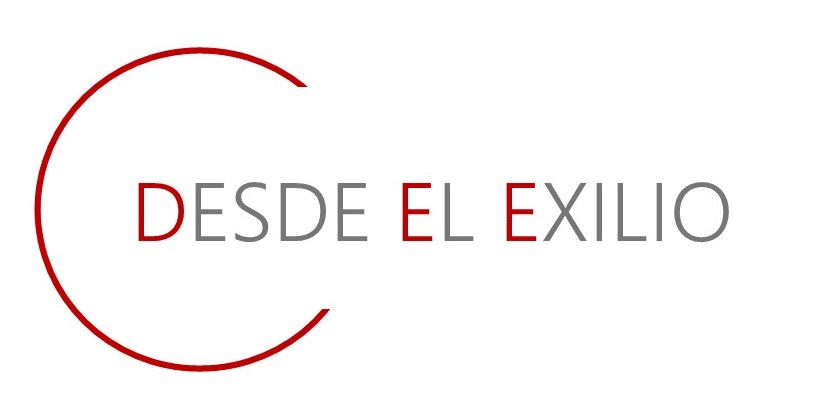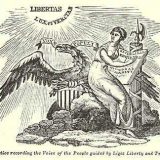En Irak no está todo solucionado. Queda muchísimo por hacer. Y las piedras en el camino son, en ocasiones, grandes como montañas. Presiones políticas, religiosas, tribales. Casi todo parece hablar en contra de la normalización democrática del país. Pero los iraquíes no se dejan amedrentar.
There’s a change of mentality that started to occur in Iraq even before the 9th of April, but toppling Saddam marked a surge in the change process that made it transfere into an active form and spread wider than before.
I think one of the main problems in Arab-Muslim communities is that the vast majority from the illiterate to even highly educated people do not ask enough questions. On the other hand, I’ve noticed (mainly through blogging ) that westerns in general and Americans in particular always have so many questions to ask and rarely settle with one point of view and accept it as the truth.
But an important question here is, why Arabs and Muslims do not care a lot about searching for answers?
In my mind there are two major reasons; one comes from Islam and one comes from Arab traditions. For Muslims, like most religious people anywhere there’s a general belief that all questions have been answered already, and I think that the main difference here between west and east is just the fact that religious people form a higher percentage of the population in the Arab Muslim world than they do in the west.In Islam the Sunnis have always had all the answers in the Koran and Hadeeth and all you have to do is dig them out, although «some will always remain unrevealed until judgment day». For the She’at, it’s the Koran and the heritage of Mohammed and his dynasty down to the twelfth Imam, Al Mehdi.
Every time western scientists announce a scientific discovery, Muslim scholars kill themselves searching for a verse in the Koran that can be twisted to match it and then say, «Hey, we had it all the time and we didn’t know!» and we have books and TV shows dedicated for showing how all these great inventions were mentioned in a way in the Koran, but we just didn’t care to search harder!
Más en Free Iraqi





Cierto es que el no querer pensar es algo habitual en el Islam, pero…¿Estamos seguros de no poder decir lo mismo, aunque a otra escala, de nosotros mismos, de nuestra propia sociedad?¿No fue el 14-M el resultado de querer encontrar alguien que nos quitase de encima lo que nos producía miedo, sin otra reflexión?¿No oímos a diario ante cualquer problema que el gobierno debería tomar cartas en el asunto, que el gobierno debería hacer esto o lo otro?
Y es que la libertad es muy dura.
Hola. Les invito a visitar el nuevo weblog Vomistar, el concepto de «formación» de una gran multinacional:
http://movistar.blogspot.com/
Ese no querer pensar o ser libres va más allá de Sadam, es algo habitual en el islam.
Luis,
he leido ese post esta mañana al verlo enlazado en Iraqthemodel.
Es una gran explicación y de hecho una muestra del miedo a la libertad. De que todo lo mandara Sadam muchos esperaban que los USA gobernaran el pais por ellos diciéndoles lo que han de hacer. Ahora llega su momento y pensar por sí mismos cuando no están acostumbrados cuesta.